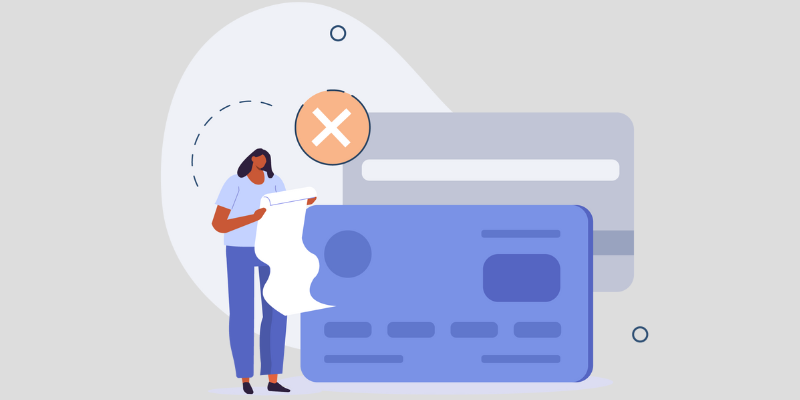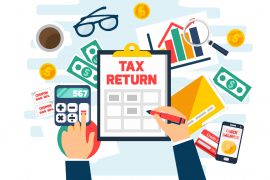By Amanda N. Wegner
According to credit reporting firm Experian, consumer debt shot up 7% in 2022. And with increased debt can come increased stress.
“High levels of debt can be extremely stressful,” says Erin Bykowski, financial inclusion and education manager at UW Credit Union. “Carrying a manageable level of debt means you are still able to save, cover emergencies and have money for things you enjoy. Finding this balance leads to financial wellness, which is critical to your overall wellbeing.”
With interest rates and inflation expected to remain high through early 2024, here’s guidance for keeping personal debt — and stress — in check.
THE DEBT SWEET SPOT
A general rule of thumb is to keep your debt-to-income (DTI) ratio, or the percentage of your gross monthly income used to pay monthly debt, at one-third or less. Above this, it’s hard to cover regular expenses and save for the future.
Kathy Hankard, owner of Verona’s Fiscal Fitness, a fee-only financial planning firm, recommends a lower DTI. “I prefer my clients have debt payments be no more than one-fourth of their income, and most of my retired clients have no debt payments whatsoever.”
CONSIDER THE QUALITY OF YOUR DEBT
Also think about the quality of debt, or what it is used for, recommends Hankard.
“The best use of debt is for assets that appreciate, such as real estate, or expenditures that increase your earning power, such as education,” she says. “Debt is generally discouraged for assets that depreciate.”
Bykowski adds that if you accrue debt for unnecessary items, you may be disappointed when it comes time to borrow money for a home or a vehicle, because your rates or payments may be higher.
“The amount of money you owe each month determines how much money a financial institution is willing to lend.”
FORMULATE A PLAN OF ACTION
Ready to pay down debt? To get the complete picture, start by listing all your debt, including account names, balances, monthly payments, due dates and interest rates.
Then, pick an approach. One is to pay off the lowest balance account first. Using this method, make at least the minimum payment on all debts and then put any extra money available toward the lowest balance account. Once this is paid off, roll that same payment to your next lowest debt and keep going.
Another approach is to direct extra resources to your highest-interest debt first, which helps minimize the amount of interest paid.
TAKE INTEREST IN INTEREST
Consider making moves to reduce what you’re paying in interest. For instance, says Bykowski, refinancing your credit cards into a loan product, such as a personal loan, may be beneficial to secure a better rate. Or, adds Hankard, consoli- date debt to the card with the lowest interest rate.
Also, shop around and include a credit union in your search.
“Because credit unions are not-for-profit organizations, they tend to offer the lowest rates and the most education to help you make more informed decisions,” says Bykowski.
KEEP TABS ON YOUR CREDIT SCORE
Debt impacts your credit score and ability to borrow money. Ironically, though, you need debt — or at least access to debt — to create your credit score, says Hankard.
A credit score is based on several factors, including:
- Payment history and length of history: Missed payments can dramatically impact your score, says Bykowski. Avoid this by maintaining a manageable number of accounts.
- Number of accounts: Applying for several credit cards or loans within a two-year window can drive down your score.
- Credit utilization ratio: This is the percentage of the total available credit you’re using. Most experts recommend keeping this below 30%, but lower is better, and you can achieve this by paying down debt and/ or increasing your credit limit. Keeping old cards open helps this ratio, says Hankard; otherwise, the amount of total available credit decreases.
NEED ASSISTANCE?
If you’re overwhelmed by debt, GreenPath is a state-licensed credit counseling nonprofit organization in Madison. They can help you create a debt management plan and even negotiate your debts on your behalf.
Learn more at greenpath.com/locations/madison or call 877-380-0474.




